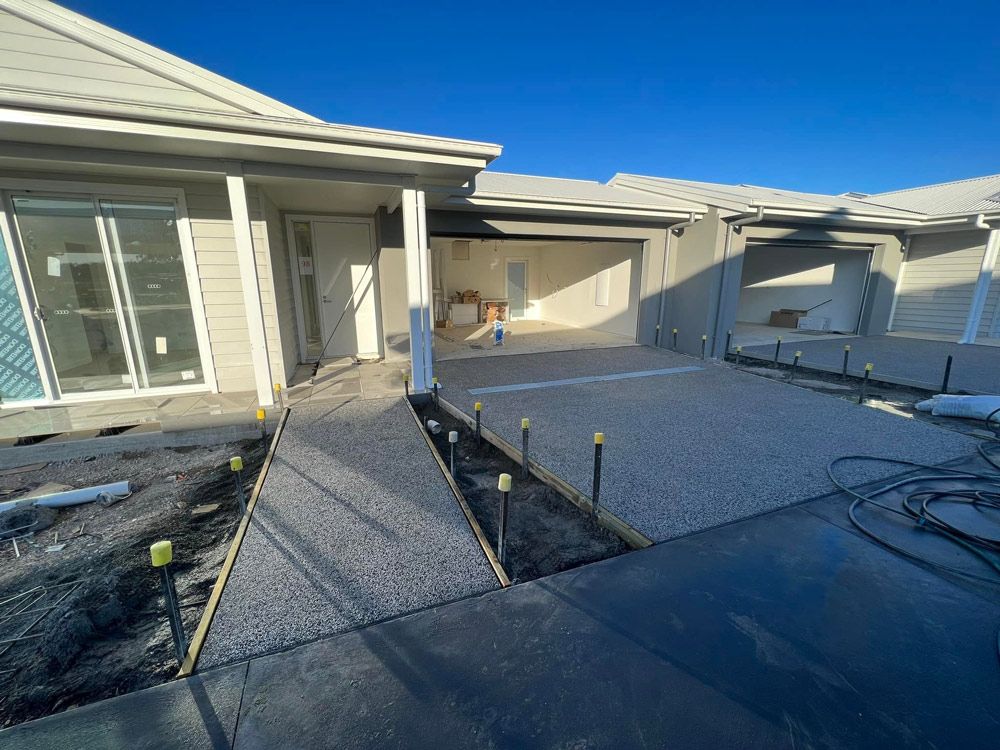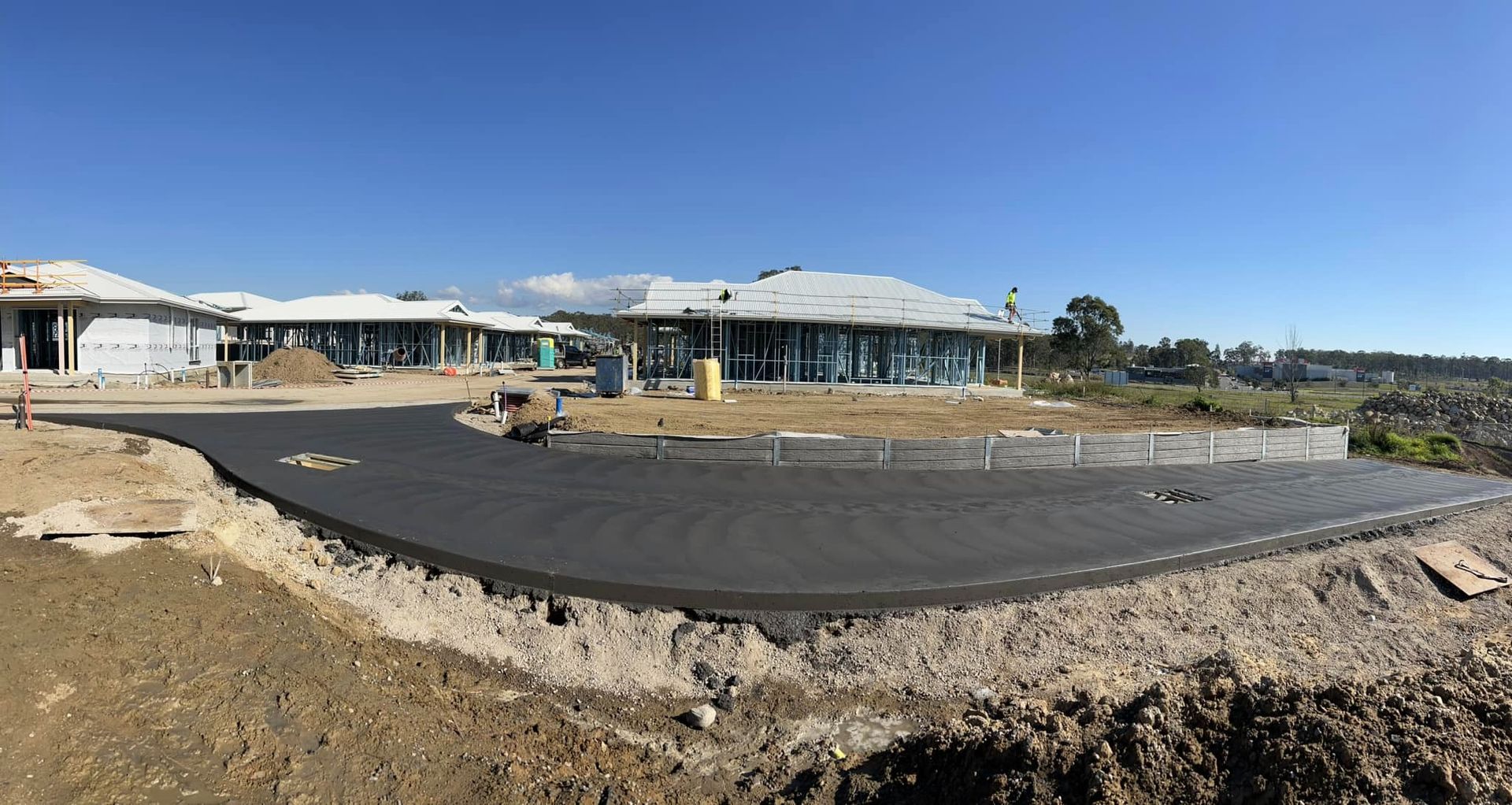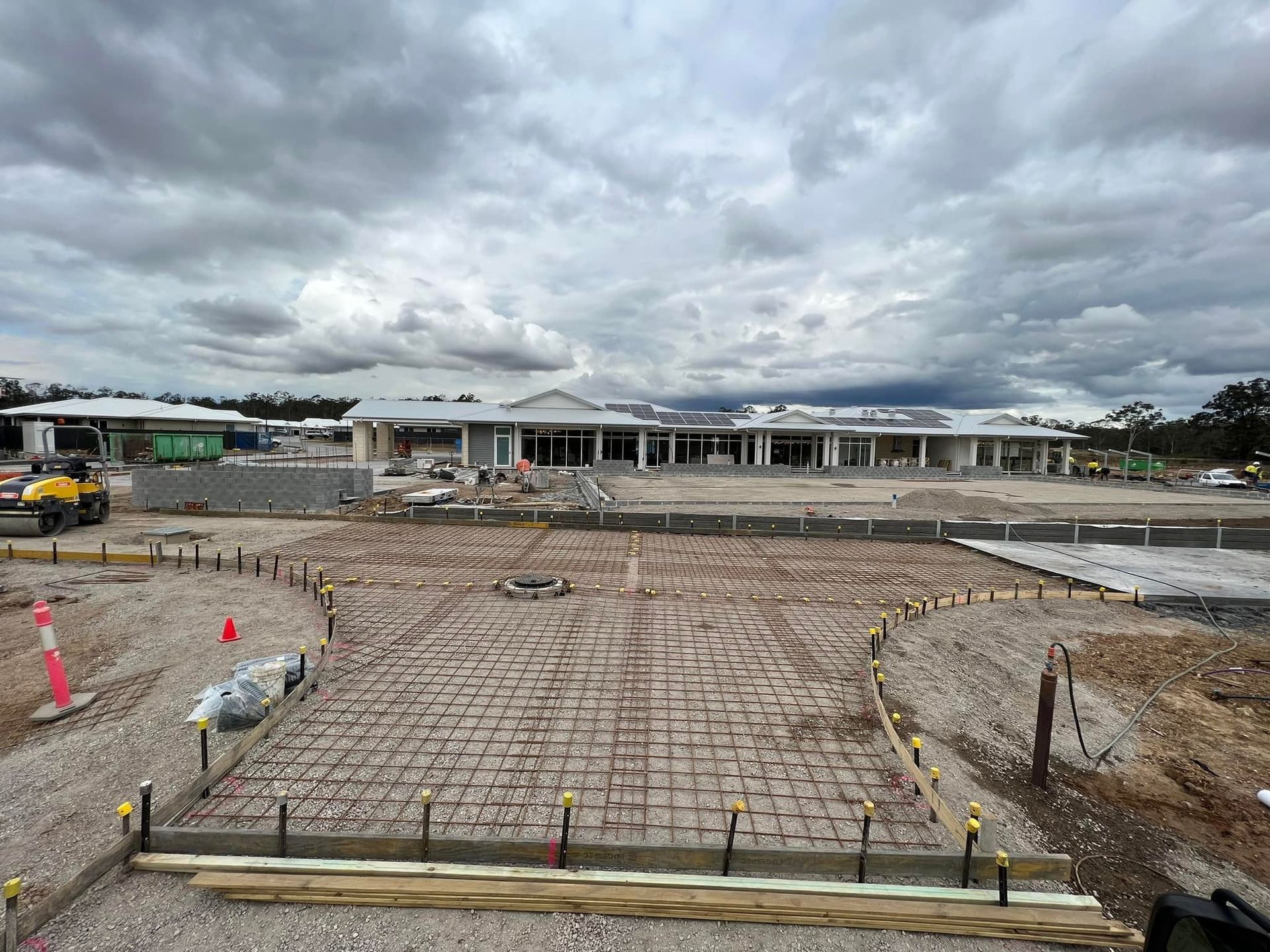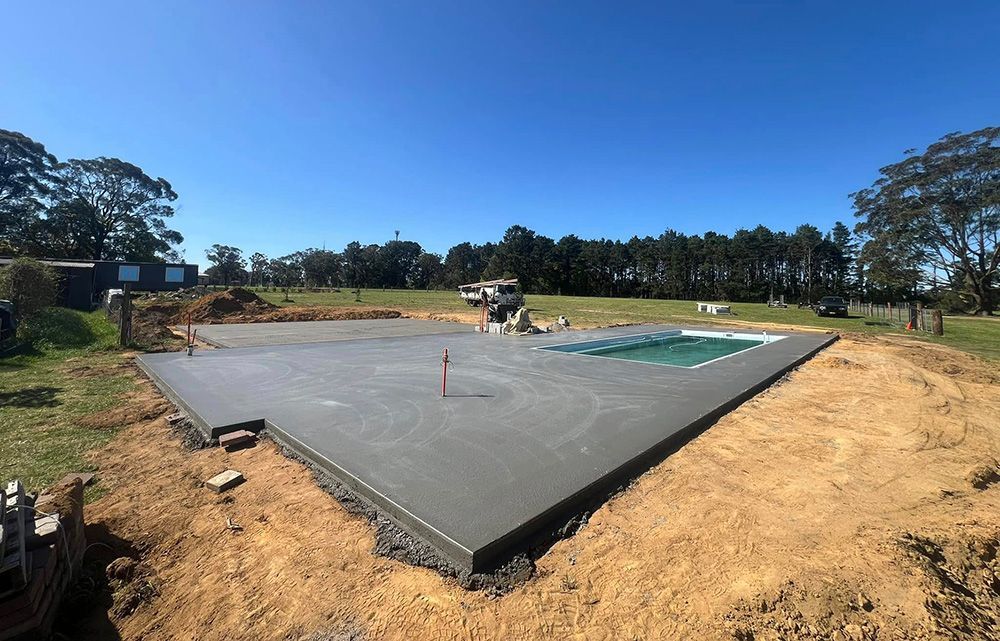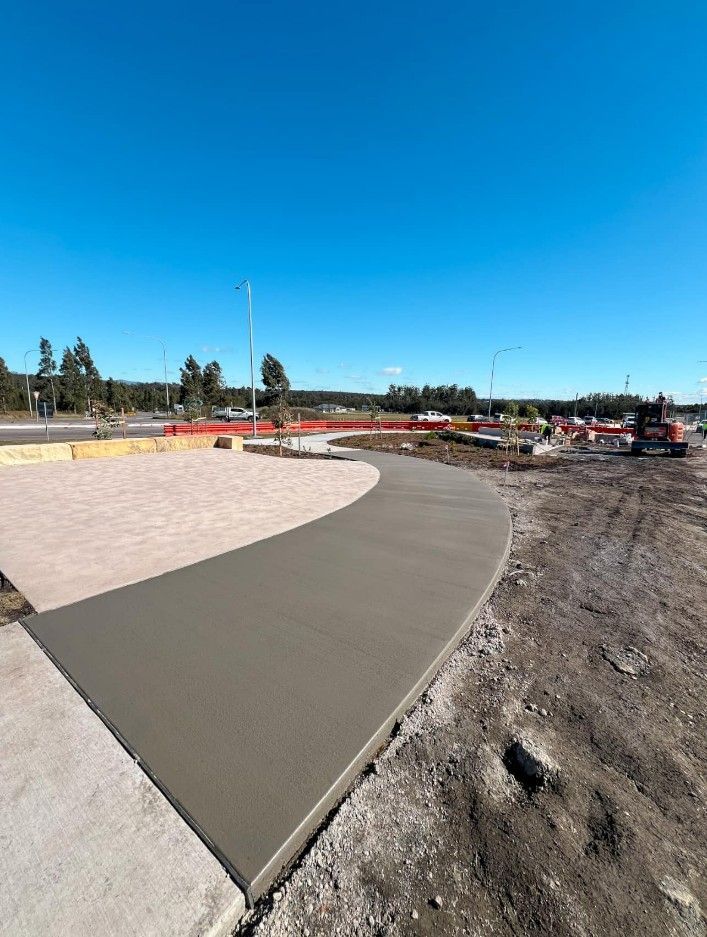Choosing the Right Concreter on the Central Coast: What to Look For
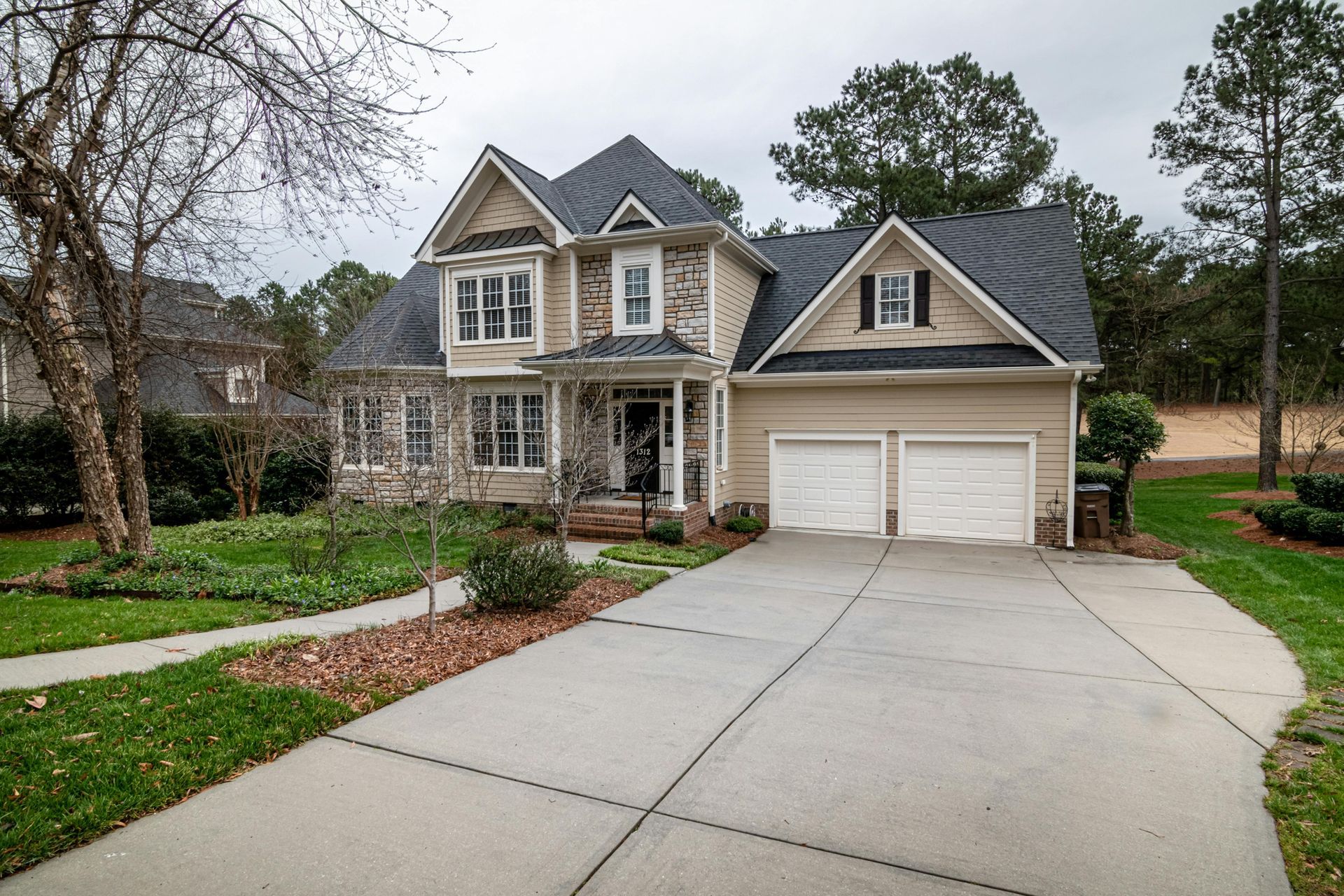
Are you planning a new driveway, footpath, or slab on the Central Coast and wondering how to choose the right concreter for the job? Selecting a concreter is more than just comparing quotes—it’s about understanding workmanship, compliance, and long-term durability. The quality of a concrete project can influence how long it lasts and how well it functions in the local coastal climate.
In this blog, we’ll explore key factors to consider when hiring a concreter on the Central Coast and how to make a well-informed decision.
Why Choosing the Right Concreter Matters
Concrete structures are often permanent and costly to fix if they fail early. Cracks, drainage issues, and poor finishing can all result from inadequate preparation or installation. Hiring a qualified concreter can help reduce the chances of such problems while meeting both your visual and structural expectations.
Licences & Qualifications
Before engaging any concreter on the Central Coast, it's important to confirm that they hold the necessary licences. Licensing ensures the concreter has met industry requirements and understands relevant building codes.
A licensed concreter may also be expected to carry public liability insurance and workers' compensation. This protects both the homeowner and workers in case of accidents or property damage during the project.
Local Knowledge & Experience with Coastal Conditions
The Central Coast’s climate includes a mix of sea air, occasional heavy rains, and humidity—all of which can affect how concrete sets and performs. A concreter with local knowledge may select products and techniques suitable for the area’s specific conditions. This includes considerations such as:
- Correct drainage gradients to avoid pooling.
- Suitable curing practices during hot or humid conditions.
- Adjustments to concrete mix depending on application and exposure.
A concreter who frequently works on the Central Coast is more likely to anticipate these challenges and adapt their process accordingly.
Range of Services Offered
A reputable concreter should be able to handle different types of concreting on the Central Coast, including:
- Plain concrete for driveways or footpaths.
- Exposed aggregate for decorative finishes.
- Coloured or stamped concrete for aesthetic appeal.
- Structural slabs for sheds, garages, or patios.
- Concrete kerbing for edges, borders, or landscaping.
Before hiring, confirm whether the concreter provides the type of finish or structural concrete work you need.
Site Inspection & Transparent Quoting
An initial site inspection allows the concreter to assess soil type, site access, drainage, and other environmental factors. This is essential for preparing an accurate quote. A good quote should include:
- Clear scope of work.
- Material inclusions.
- Preparation and curing time.
- Site clean-up.
- Any required council approvals or permits.
If a quote seems too low compared to others, it may lack essential preparation work or include lower-grade materials. Ask for a breakdown to understand what’s included.
Previous Work & Project Portfolio
Reviewing a concreter’s previous work helps build confidence in their skills and finishing quality. Photos of past jobs or completed local projects provide visual insight into what you can expect. This is especially important for decorative work like exposed aggregate or coloured finishes where surface appearance matters.
Some concreters may offer referrals or allow you to view nearby completed jobs to assess durability and aesthetic appeal in real-life conditions.
Client Communication & Project Timeline
Clear communication from the initial enquiry to job completion is essential. You’ll want to work with someone who is prompt, open to questions, and communicates delays or changes quickly. Key aspects of communication include:
- Estimated project start and finish dates.
- Preparation and curing times.
- Information on maintenance or follow-up.
A realistic timeline allows for planning and coordination, particularly if other trades are involved in your overall project.
Compliance with Standards & Safety
Concreters should follow industry standards outlined by the Building Code of Australia (BCA) and Australian Standards, including AS 3600 (Concrete Structures) and AS 1379 (Specification and supply of concrete). This compliance helps support durability and safety in construction.
Safety is equally important. Proper safety measures protect both workers and your property. Ask if the concreter follows a safe work method statement (SWMS), especially for larger or multi-day projects.
Materials & Equipment
Quality materials and up-to-date equipment can impact the final result of any concreting job. While it may not be obvious to a homeowner, a concreter should be able to explain:
- The type of mix and additives used.
- Strength rating of the concrete (e.g. 20MPa, 25MPa).
- Preparation techniques like compaction and formwork.
- Use of mesh or rebar reinforcement, where applicable.
Investing in better materials and proper preparation methods often leads to longer-lasting concrete.
Warranty or Maintenance Support
While not always advertised, some concreters may offer limited warranties on their workmanship. Even without formal guarantees, a commitment to post-installation support can be a useful indicator of service quality.
In addition, a concreter who explains how to maintain your concrete surface (e.g. sealing decorative concrete or avoiding early heavy traffic) demonstrates care for project longevity.
Questions to Ask Before Hiring
Before making a decision, consider asking these questions:
- Are you licensed and insured?
- Can you provide a detailed quote?
- What similar projects have you completed locally?
- Do you handle council approvals if required?
- What’s your expected timeline and availability?
- What type of maintenance do you recommend?
Asking these questions helps you compare not just price but professionalism, capability, and fit for your specific project.
Why Local Matters for Concreting on the Central Coast
Choosing a concreter based on local presence offers several benefits. Local concreters are often more familiar with the land and weather patterns in areas like Gosford, Woy Woy, Terrigal, and The Entrance. They’re also more likely to have worked with nearby councils, making it easier to meet local compliance requirements. A local concreter can also return quickly for any follow-up inspections or maintenance concerns.
Talk to a Local Concreter on the Central Coast Today
Selecting the right concreter on the Central Coast can make a noticeable difference in both the visual outcome and long-term performance of your project. By focusing on licensing, local knowledge, service scope, safety, and clear communication, you can feel more confident in your choice. At Coastal Kerb & Concrete Pty Ltd, concreting on the Central Coast is tailored to meet the region’s unique conditions, with services designed to suit residential and commercial needs alike.
Contact us today to discuss your project with a professional concreter on the Central Coast and bring your outdoor plans to life.

